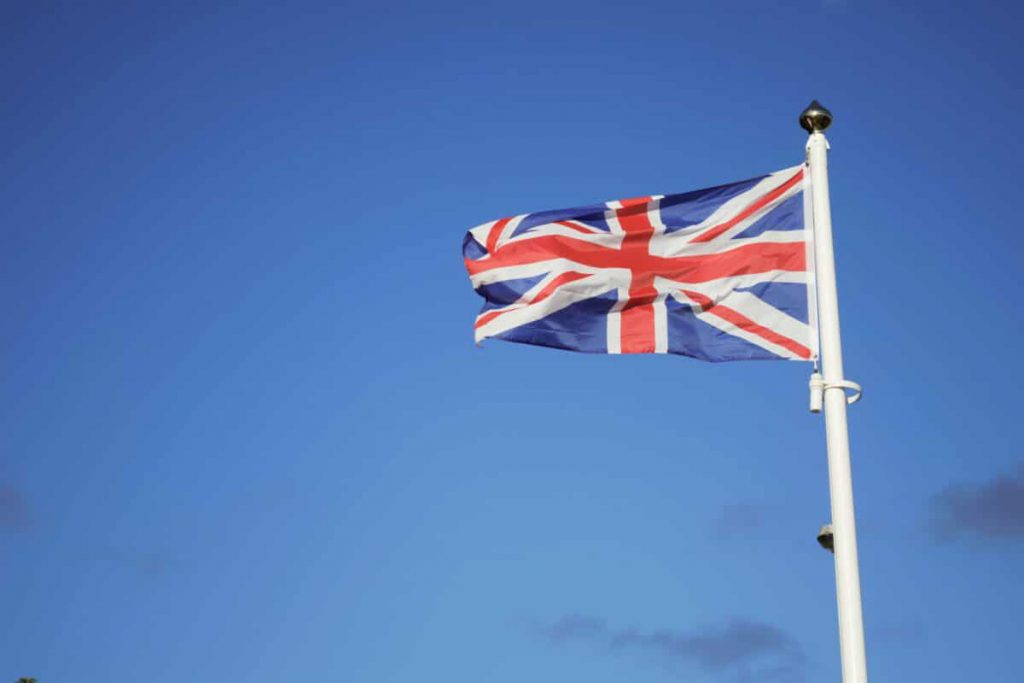
Economic Rollercoaster: Is the UK In Recession?
Recent data has sparked concerns about the possibility of a UK recession looming over the country’s economy. The Office for National Statistics (ONS) reported a contraction of 0.1% in the Gross Domestic Product (GDP) for the third quarter. This news raised questions about the economic trajectory.
Shrinking Economy Sparks Interest Rate Speculation
The economic downturn comes on the heels of Finance Minister Jeremy Hunt’s unusual move of suggesting potential interest rate cuts by the Bank of England to stimulate growth. Despite the Bank of England emphasizing the premature nature of such discussions, Hunt’s comments have added fuel to the speculation fire.
Retail Sales Surge Amid Economic Uncertainty
Amid the economic gloom, there’s a glimmer of hope in the form of a surprising surge in retail sales. November witnessed an unexpected 1.3% increase in retail sales from the previous month. Enticing discount promotions during Black Friday fueled the latter. However, the Office for National Statistics warns that these gains may not be indicative of a broader economic recovery.
Mixed Signals and Political Ramifications
The second-quarter GDP estimate has been revised downward, challenging previous optimistic projections. Sterling experienced a brief boost against the dollar and euro immediately following the data releases. Its trajectory also reflected the market’s sensitivity to economic indicators. Hunt’s unorthodox comments on interest rates have political implications, though. Especially as the Conservative Party faces challenges in opinion polls ahead of the anticipated election.
Experts Divided on Recession Possibility
Economists are split on whether the third-quarter contraction marks the beginning of a UK recession, defined by two consecutive quarters of economic shrinkage. Ashley Webb of Capital Economics suggests that the data hints at a mild recession, with potential struggles continuing into the fourth quarter. On the contrary, Samuel Tombs at Pantheon Macroeconomics predicts a steadier GDP in the coming months. He cited factors such as easing inflation and improved household finances.
Savings Cushion Amid Economic Uncertainty
Despite the economic rollercoaster, the ONS reports that households increased their savings cushion in the third quarter. The savings ratio, measuring the proportion of income saved compared to total disposable income, rose to 10.1%. It indicates a prudent approach by households in the face of economic uncertainty.


